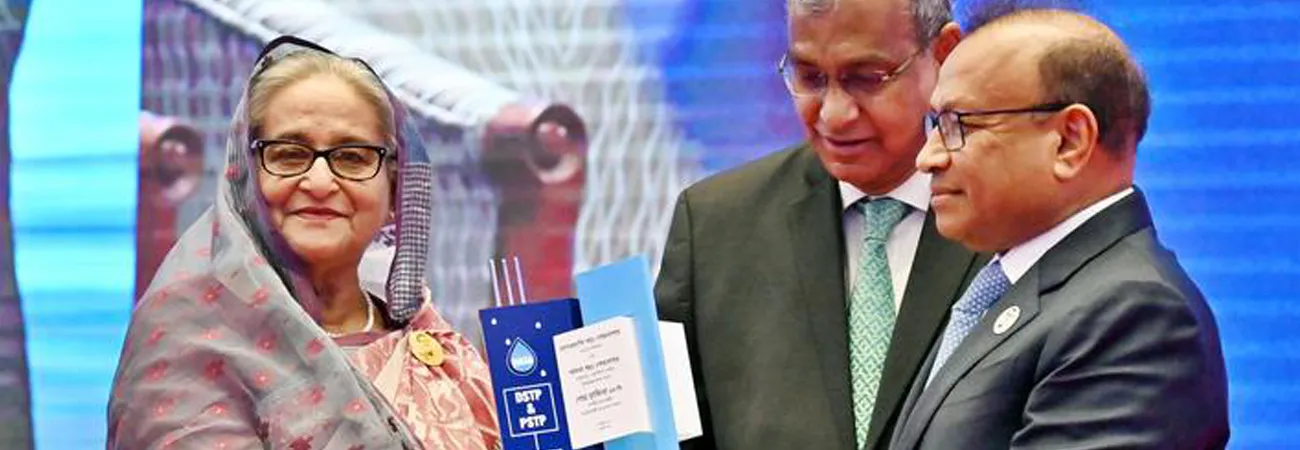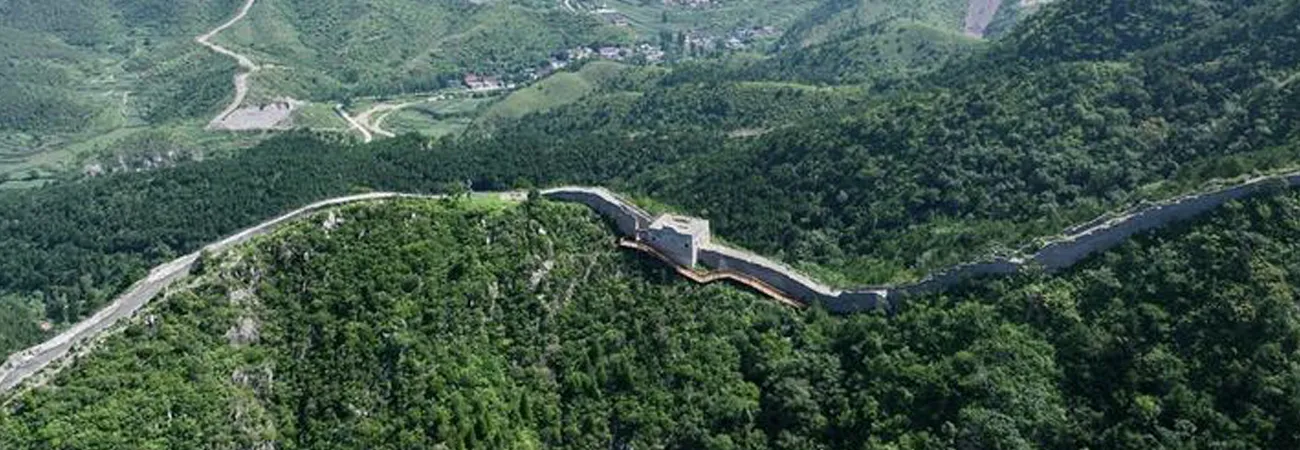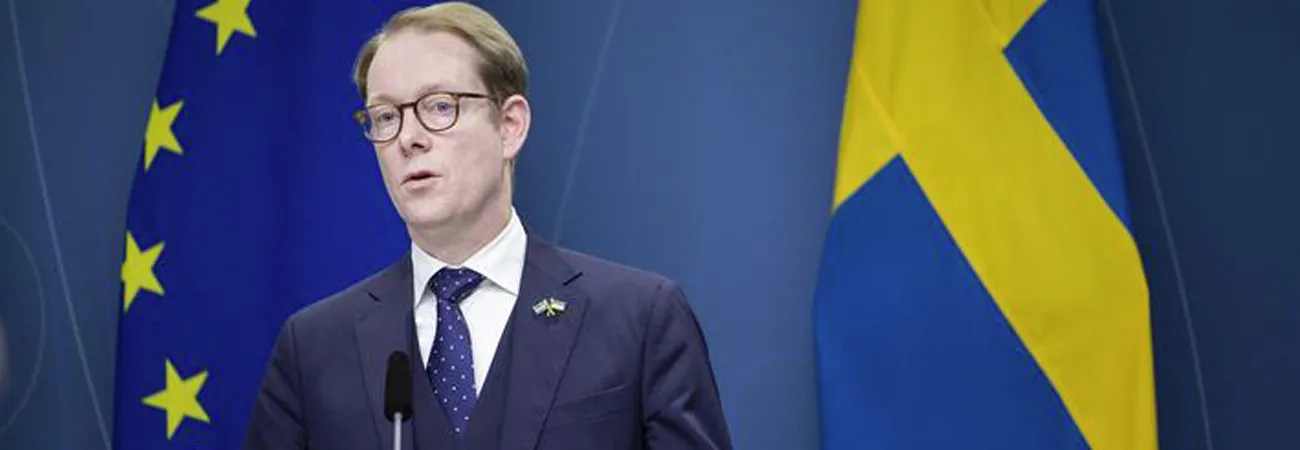XINHUA-PAKISTAN SERVICE
BEIJING, Aug 10 (INP): Several Western media outlets in recent weeks have published articles suggesting Pakistan runs the risk of falling into a debt trap with the multi-billion-dollar China-Pakistan Economic Corridor (CPEC). However, Pakistan, the alleged victim in such rabble-rousing stories, has reaffirmed its support for the investment project. Although there has been much controversy, those most qualified to evaluate the project are the people of Pakistan. The CPEC is a flagship component of the Belt and Road (B&R) initiative. The Global Times, quoting official sources, CPEC projects have not imposed any immediate debt burden on the government, as these projects are financed through a composite funding package, citing a statement issued by the Ministry of Planning. The statement was a response to critics who claimed that the CPEC would create an unbearable debt burden for Pakistan. The real impact of the CPEC projects on the Pakistani economy will be decided by the people of the country itself, not bystanders who don't understand Pakistan's actual situation. Ensuring smooth progress for such a complex project won't be easy. Problems such as security concerns and financial sustainability have indeed posed challenges to the CPEC, but those problems are not as serious as Western media outlets claim. Several years after its launch, the CPEC has begun to bring tangible benefits and laid a solid foundation for economic development through infrastructure improvement. The Pakistani economy is projected to be on a steady uphill path, partly due to the prosperous outlook of various sectors like cement, steel, pharmaceuticals and electronics. These conditions are likely to increase Pakistan's debt repayment ability. So although the CPEC does face some difficulties, China and Pakistan can find solutions through communication and coordination. China's efforts to push forward the CPEC won't be given up halfway. The CPEC has long been seen as symbolic of China-Pakistan economic cooperation. It is unlikely that China will change its supportive attitude on the project due to outsiders' criticism. China and Pakistan need to remain vigilant against deliberate provocation by Western media outlets, and the two countries must intensify communication to promote the economic and social development of Pakistan through the multi-billion-dollar project. Asad Umar, who is expected to become the next finance minister of Pakistan, said the incoming government has no plans to renegotiate any Chinese B&R projects that have been criticized as too expensive, according to media reports. INP/J/AJ





